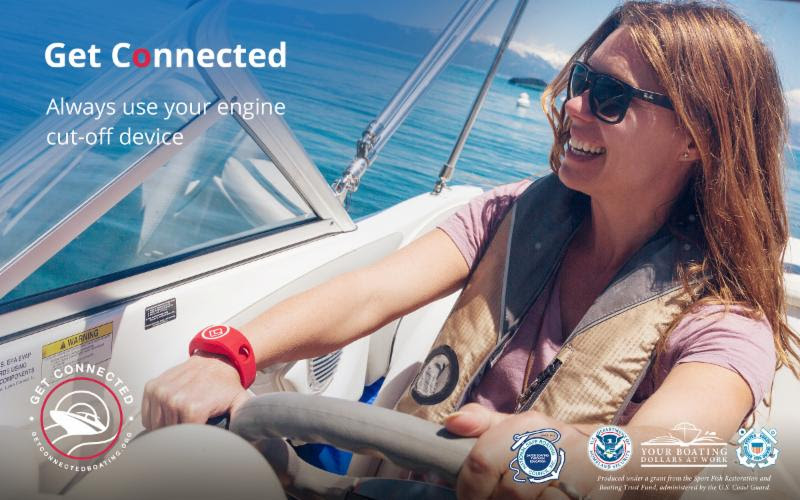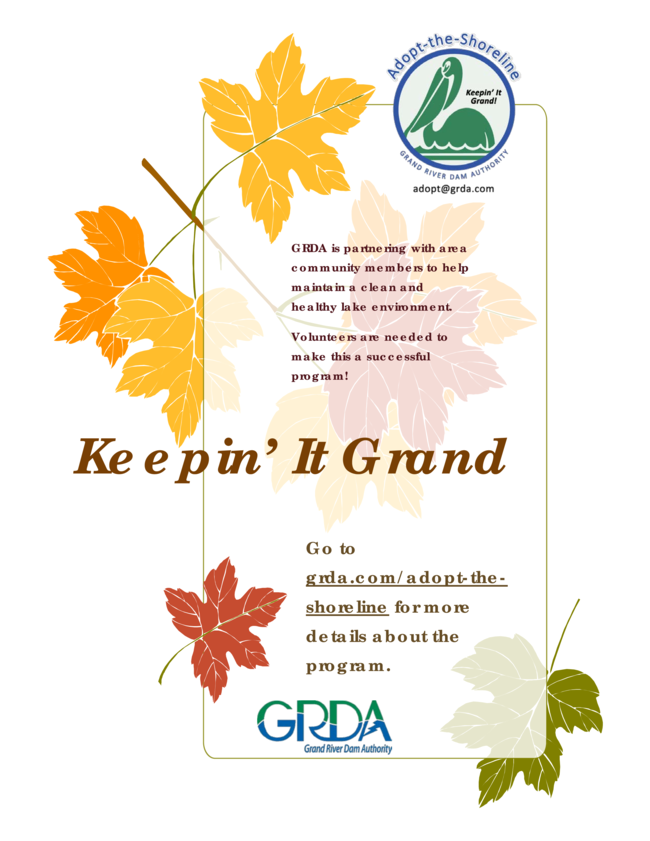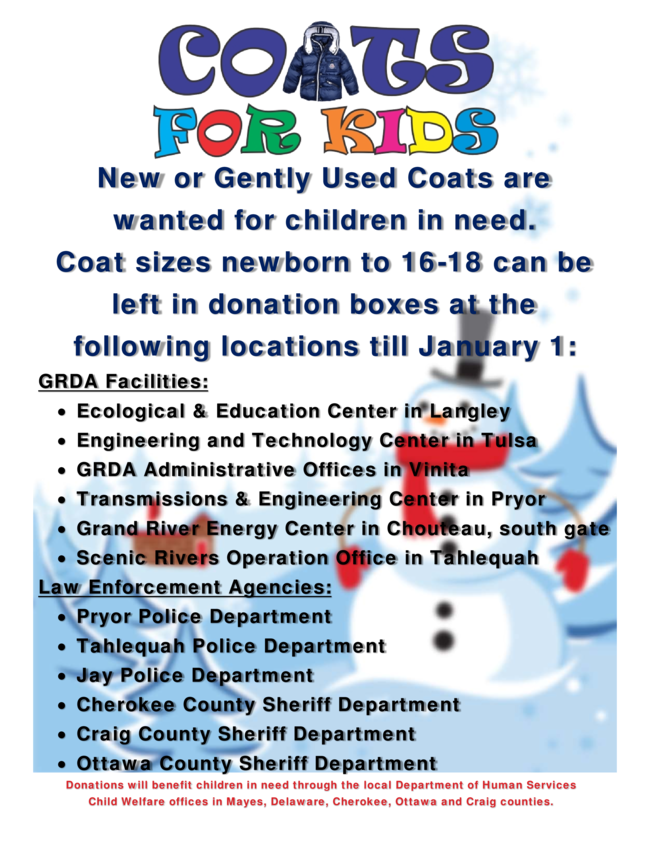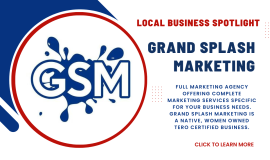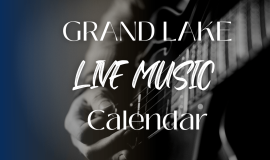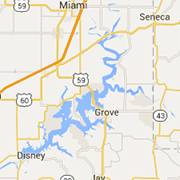As Winter weather begins to take over, it will soon be that time to put the boats to bed for the season. Here are some things that you can do to help protect your investment for another year.
Fill it up with fuel and add fuel stabilizer. There’s much debate on whether or not to fill the fuel tank and add fuel stabilizer, or to drain it. Draining allows you to fill it up with fresh fuel in the spring; however it also leaves room for condensation to accumulate inside the fuel tank. Filling it up and stabilizing it prevents the formation of condensation; as there just isn’t room for much air/moisture in the top of the filled tank.
Batteries. If possible, put the batteries on a smart charger or battery tender, otherwise, trickle charge the battery once a month to maintain proper charge. The electrolytes inside a discharged battery have a much higher freezing point and are more likely to freeze (cracking/destroying the battery case) when stored for long periods in the areas exposed to freezing temperatures.
Dehumidifiers. Install dehumidifiers, or Damp Away, in the cabins and enclosed areas to help prevent mildew growth. They are available at most service departments.
Remove food, drinks and trash. The critters stay active even when you are not, foraging for anything they can find. Animals love it when you leave food in your boat. They’ll smell it and next thing you know, they're lounging back eating everything you left, and you’re replacing your cover and/or seats. If it’s liquids, remove it because it will freeze and leak the contents everywhere.
Winterize! Don’t lose your investment because you thought it would be okay. Un-winterized engines WILL freeze when exposed to freezing temperatures. Not just engines, but also heat exchangers, oil coolers, power steering coolers, and fresh- water systems can also freeze and burst; requiring replacement, which can be costly.
Drain plugs should be removed, if you store it on a trailer. Remove the bilge drain plug and consider attaching it to the steering wheel with a zip tie, so that in the spring, you’ll remember to re-install it in the spring. Also, raise the trailer tongue to help the rainwater or snow to drain.
Clean the boat. Remove any food, and clean the interior of any spills, crumbs etc., which also gives you the chance to really look at the condition of your cover, carpets, and upholstery. If any damages are noticed, you can replace those over the winter so you will be ready for the spring season.
Covers. Put the support poles up and cover that beautiful boat! Secure the cover tightly, to prevent them from blowing off during storms, windy days, and to deter animals from making a mess out of your boats interior.
Secure your valuables. Don’t leave electronics, fishing equipment or anything else in the boat you don’t mind replacing, because thieves don’t hibernate!
Secure the boat properly. Even if you store the boat on a lift, they can fail, and if your boat is not tied off to the dock it will float away, so make sure it is secured.
Prep your dock. If you don’t plan to spend much time at the lake in the off-season, make sure your dock is properly secured, by checking all cables, clamps, and other hardware to reduce the risk of your dock breaking from its mooring during the often rough winter waters. We also recommend that you consider installing solar-powered motion lights on your dock to discourage thieves and attract attention to your property at night if the lights are activated.

